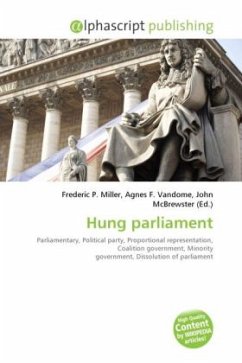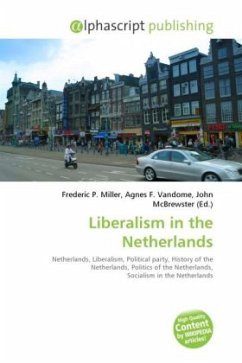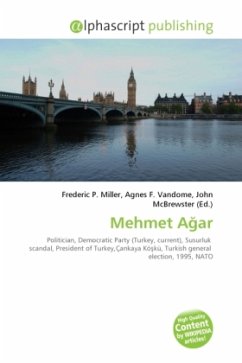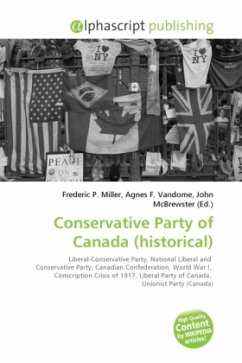In parliamentary systems, a hung parliament is one in which no one political party has an outright majority of seats, and means it is most commonly equally balanced. This situation is normal in many legislatures with proportional representation such as Germany or Italy, or in legislatures with strong regional parties; in such legislatures the term 'hung parliament' is rarely used. However in nations in which single member districts are used to elect parliament, and there are weak regional parties, such as the United Kingdom, a hung parliament is a rarity, as in these circumstances one party will usually hold enough seats to form a majority. A hung parliament will force either a coalition government, a minority government or a dissolution of parliament. Frequent hung parliaments can result in smaller parties staying in power for decades as they switch support between the two or three major parties. The most recent elected hung parliament in the United Kingdom was that which followed the February 1974 general election, which lasted until the October election that year. Prior to that the last had been following the election of 1929.
Bitte wählen Sie Ihr Anliegen aus.
Rechnungen
Retourenschein anfordern
Bestellstatus
Storno








